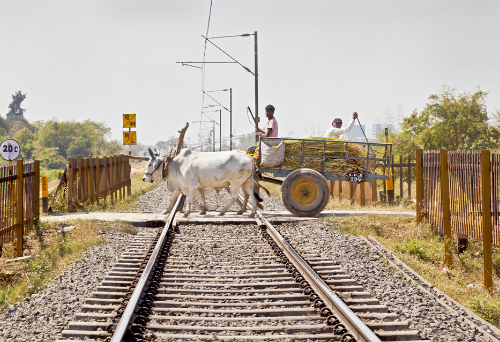The public-private interface in the oncology market
How public science transforms drug-development efforts This project studies whether and how public science can promote innovation in the private-sector development of drugs and biologics, with particular attention to the oncology market. The work has policy implications for today’s health environment. For example, while the Covid-19 pandemic has affected every facet of our daily lives,…










